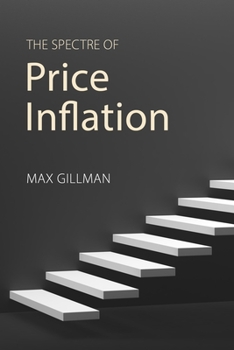The Spectre of Price Inflation
Select Format
Select Condition 
Book Overview
Inflation, hyperinflation and deflation have all had profound effects on societies, especially during periods of war and crisis. Today's approach to managing inflation has been shaped by these episodes and informed by debates between different schools of economic thought from Fisher and Hayek to Keynes and the monetarists. This accessible and authoritative overview explores the role of inflation in the modern economy, from its place in monetary policy and in money supply to its effects on everyday business.
In a compelling analysis, the book shows that since the financial crisis in 2008-09, inflation rates have remained persistently higher than interest rates worldwide, which is the inverse of our basic understanding of how inflation normally affects markets. The result of this inversion has been that the effective real return on investment has become negative, and consequently, the investment rate has dropped across western economies. At a time when inflation once again challenges the world's leading economies, the book offers valuable insight into the monetary policy of central banks.Format:Paperback
Language:English
ISBN:1788212371
ISBN13:9781788212373
Release Date:March 2023
Publisher:Agenda Publishing
Length:264 Pages
Weight:0.90 lbs.
Dimensions:0.8" x 6.1" x 9.2"
Customer Reviews
0 rating





